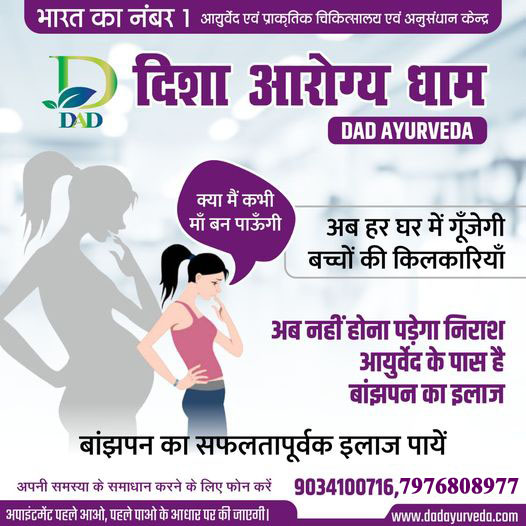Diploma in Public Health and Community Nutrition
Disha Arogya Dham in Jaipur offers a Diploma in Public Health and Community Nutrition as part of its educational programs in the field of Ayurveda and Naturopathy. The institution is renowned for integrating traditional Ayurvedic practices with modern wellness therapies, including Panchakarma, yoga, and naturopathy(SMUDRA) (Dad Ayurveda)..
A Diploma in Public Health and Community Nutrition is a specialized educational program designed to equip students with the knowledge and skills needed to address public health issues related to nutrition within communities. This program typically covers a range of topics, including nutrition science, public health principles, community health, and program planning and evaluation. Here’s an overview of what such a diploma might entail:
Core Components
1. **Nutrition Science:**
– Fundamentals of human nutrition
– Nutritional requirements across the lifespan
– Micronutrients and macronutrients
– Nutritional assessment methods
2. **Public Health Principles:**
– Introduction to public health
– Epidemiology and biostatistics
– Health promotion and disease prevention
– Health policy and management
3. **Community Nutrition:**
– Community nutrition programs and services
– Nutrition education and communication strategies
– Food security and sustainable food systems
– Cultural and socio-economic factors affecting nutrition
4. **Program Planning and Evaluation:**
– Needs assessment and program planning
– Monitoring and evaluation of nutrition programs
– Research methods in public health nutrition
– Data collection and analysis
Learning Outcomes
Graduates of this program are typically expected to:
– Understand the role of nutrition in public health and disease prevention.
– Be able to assess the nutritional needs of diverse populations.
– Design, implement, and evaluate nutrition programs aimed at improving community health.
– Communicate effectively with individuals and groups about nutrition and health.
– Apply public health principles to solve nutritional problems at the community level.
Career Opportunities
A diploma in Public Health and Community Nutrition can open doors to various career paths, including:
– Community nutritionist
– Public health nutritionist
– Health promotion specialist
– Program coordinator for public health initiatives
– Research assistant in nutrition and public health projects
Prerequisites and Duration
– **Prerequisites:** A high school diploma or equivalent is usually required. Some programs may require prior coursework in biology or health sciences.
– **Duration:** Typically, this diploma can be completed in one to two years, depending on the program and whether it is pursued full-time or part-time.
Institutions Offering the Program
Various universities, colleges, and technical schools offer diplomas in Public Health and Community Nutrition. It’s important to choose an accredited institution to ensure the quality and recognition of the qualification.
Practical Experience
Many programs include practical components such as internships, fieldwork, or community projects, providing hands-on experience in real-world settings.
Continuing Education
Graduates may also choose to further their education by pursuing advanced degrees such as a Bachelor’s or Master’s in Public Health (MPH), Nutrition, Dietetics, or related fields.
Key Features of Disha Arogya Dham
1. **Diploma Programs**:
– **Public Health and Community Nutrition**: This program integrates Ayurvedic principles with modern public health strategies to address community health and nutrition.
2. **Therapeutic Services**:
– **Panchakarma**: A set of five therapeutic treatments to detoxify the body, restore balance, and promote overall well-being.
– **Yoga**: Instruction and practice of yoga for physical, mental, and spiritual health.
– **Naturopathy**: Use of natural remedies and treatments to support the body’s self-healing processes.
3. **Integration of Traditions and Modern Techniques**:
– Emphasis on combining ancient Ayurvedic wisdom with modern wellness approaches.
– Focus on preventive healthcare and holistic treatments.
4. **Educational Approach**:
– Practical and theoretical training in Ayurveda, public health, and nutrition.
– Encouragement of research and development in traditional and modern health practices.
Benefits of the Diploma Program
– **Holistic Education**: Provides a comprehensive understanding of public health and nutrition within the Ayurvedic framework.
– **Career Opportunities**: Opens pathways in health education, community health planning, wellness coaching, and integrative health practices.
– **Skill Development**: Equips students with skills in Ayurvedic treatments, nutritional counseling, and community health management.
Disha Arogya Dham serves as a bridge between traditional and modern health paradigms, fostering a well-rounded approach to health and wellness.







